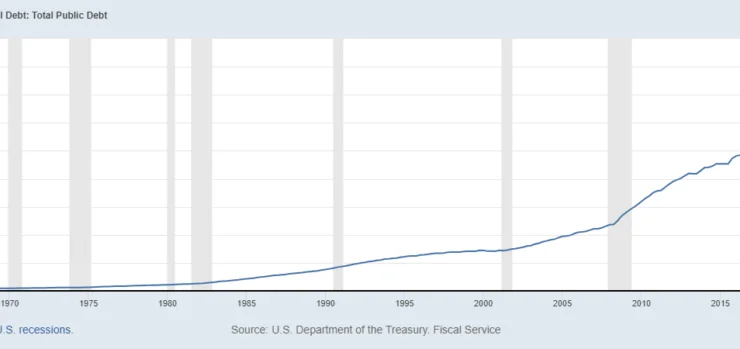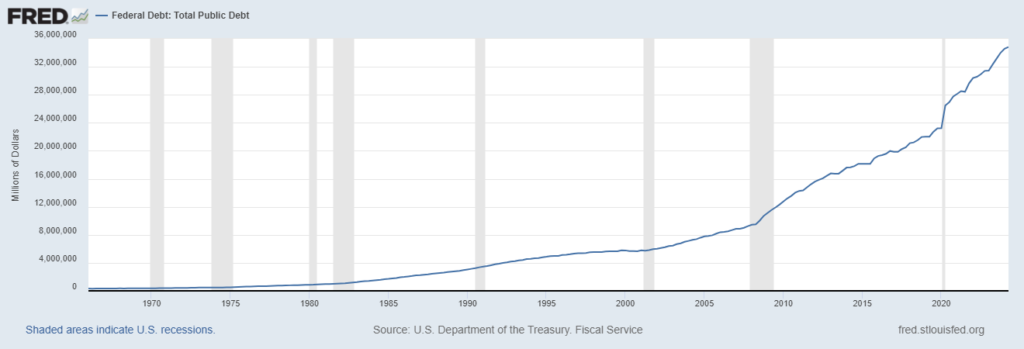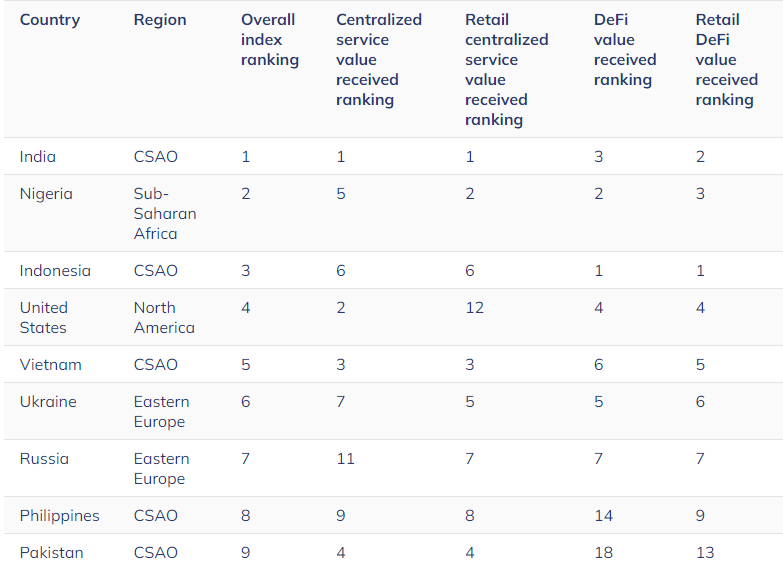

Bitcoin News – Bitcoin has often been described in various ways, but labeling it a “balanced budget trap” is a recent development. A new paper from the Federal Reserve Bank of Minneapolis suggests that Bitcoin (BTC), or a similar digital asset, could compel the U.S. federal government to maintain a balanced budget, a notion that raises eyebrows among policymakers.
The concept of a balanced budget is contentious. Policymakers value the ability to adjust spending, especially during emergencies like the COVID-19 pandemic or economic recessions. A sudden increase in spending can stimulate economic activity, but what happens if Bitcoin becomes a significant factor in government finance?
The authors of the paper propose that a legal ban on Bitcoin or a specific tax on cryptocurrencies could restore the government’s capacity to run permanent primary deficits—where spending exceeds revenues, excluding interest payments. This leads to pressing questions about the feasibility of such measures and their potential effects on the crypto industry.

Reactions from the crypto community have ranged from confusion to indignation. Matthew Le Merle, CEO of Blockchain Coinvestors, argues that the idea of Bitcoin forcing the government to balance its budget overlooks fundamental issues with U.S. spending patterns. He states, “At $35 trillion-plus of debt, something is wrong with the spending patterns of U.S. politicians, and something needs to change.”
Daniel Lacalle, chief economist at Tressis, humorously notes that the paper acknowledges Bitcoin’s role as a protection against currency debasement. He emphasizes that if the government aimed to defend the purchasing power of the dollar, there would be no threat from Bitcoin.
The suggestion that the U.S. could preserve its spending options through a Bitcoin ban poses significant challenges. According to William Luther, associate professor of economics at Florida Atlantic University, while outright elimination of Bitcoin is unlikely, a government opposed to it could diminish its use. The value of Bitcoin as a medium of exchange relies heavily on its user network, and if a government restricts this network, Bitcoin’s utility could diminish.
However, given Bitcoin’s global presence and adoption—ranked fourth in Chainalysis’ 2024 Global Adoption Index—attempting to ban it might be as futile as trying to ban the Internet itself. Le Merle likens it to King Canute trying to hold back the tide.

The paper outlines that for a ban to be effective, the government would need to disrupt Bitcoin’s network effect, where increased usage enhances value. This could involve prohibiting acceptance of Bitcoin and imposing penalties for its use. However, if strong network effects exist or if a dedicated group continues to use Bitcoin regardless of regulations, these efforts may fail.
Moreover, alternatives to Bitcoin, such as foreign currencies like the euro or yen, could also limit the U.S. government’s fiscal maneuvers. Luther points out that simply banning Bitcoin would be insufficient; the government would also need to restrict access to all alternative currencies, a policy few would find palatable.
The debate over government deficit spending is not new. Various groups, including the Republican Party and the Peterson Foundation, have proposed amendments to the U.S. Constitution to mandate balanced budgets. Proponents argue that this protects future generations from accruing debt, while opponents warn it could hinder the government’s ability to respond to economic crises.
The Minneapolis Fed paper serves as a reminder that there are economic limits to the U.S. dollar, and even a relatively small threat like Bitcoin could pose significant challenges to government spending practices. Lacalle highlights that the paper essentially advocates for the suppression of Bitcoin because of its potential to limit government debt accumulation.

 1
Memecoins Surge as “Peanut the Squirrel” Becomes a Viral Icon in Solana’s DeFi Market
1
Memecoins Surge as “Peanut the Squirrel” Becomes a Viral Icon in Solana’s DeFi Market
 2
Strong September Jobs Report Alters Fed Rate Cut Expectations
2
Strong September Jobs Report Alters Fed Rate Cut Expectations
 3
The Future of Financial Reporting: Crypto News and Emerging Trends in Digital Assets
3
The Future of Financial Reporting: Crypto News and Emerging Trends in Digital Assets
 4
Crypto Landscape: Job Cuts Amid Financial Gains
4
Crypto Landscape: Job Cuts Amid Financial Gains
 5
Ethereum Researcher Justin Drake Steps Down from Eigen Foundation, Signals Full Commitment to Layer-1 Development
5
Ethereum Researcher Justin Drake Steps Down from Eigen Foundation, Signals Full Commitment to Layer-1 Development